What Can You Do with a Certificate IV in Training and Assessment?
Are you looking to expand your career opportunities in the Australian education sector? Wondering how you can effectively train and assess others while boosting your professional credentials? The Certificate IV in Training and Assessment (TAE40116) might be your answer.
Discover how obtaining a Cert IV can transform your professional journey and lead you to exciting new heights in education and training with broad industry knowledge and experience.
What is a Cert 4 in Training and Assessment?
The Certificate IV in Training and Assessment (TAE40116) is a foundational qualification designed to provide individuals with the skills and knowledge required to train and assess in the vocational education and training (VET) sector. Vocational competency is defined as broad industry knowledge. You must be able to demonstrate that you can deliver relevant units of competency and assessments that meet industry standards. Certificate IV in Training and Assessment | Victorian Skills Gateway
Key Competence and Skills Gained
The Cert 4 in Training and Assessment comprises various units of competency that provide a comprehensive skill set for trainers and assessors. These units cover core and elective areas such as designing and developing learning programs, planning and organizing assessment activities, and delivering effective training sessions. By completing this qualification, individuals gain critical skills in communication, facilitation, and evaluation, enabling them to provide impactful and engaging training.
Career Opportunities with a Cert 4 in Training and Assessment
Vocational Education Teacher
As a vocational education teacher, you will teach and assess students in TAFE institutions and private training organizations. This role involves developing training materials, delivering lectures, and evaluating student performance. Vocational training packages play a crucial role in shaping the careers of their students by providing them with the skills and knowledge needed to excel in their chosen fields. The average Vocational School Teacher salary in Australia is $86,706 per year. Entry-level positions start at $81,191 per year, while experienced workers make up to $90,173 per year.
Workplace Trainer
Workplace trainers design and deliver training programs within corporate settings, and are able to demonstrate vocational competency. Their responsibilities include improving employee skills, enhancing productivity, and ensuring compliance with industry standards. As a workplace trainer, you will contribute to workforce development by equipping employees with the necessary skills to perform their jobs effectively and safely. The average annual salary for Trainer jobs in Australia ranges from $85,000 to $105,000.
Learning and Development Officer
Learning and development officers manage employee training and development programs within organizations. They are responsible for identifying training needs, developing learning plans, and evaluating the effectiveness of training programs. This role is essential for fostering a culture of continuous learning and growth within organizations, ultimately leading to improved employee performance and satisfaction. The average training development officer salary in Australia is $101,272 per year or $51.93 per hour.
Compliance and Quality Assurance Manager
Compliance and quality assurance managers ensure that training programs meet regulatory requirements and industry standards. They conduct audits, implement quality assurance processes, and maintain compliance with ASQA standards. This role is critical for maintaining high standards of education and training within RTOs, ensuring that learners receive quality instruction and assessment. The average Compliance Manager salary in Australia is $130,745 per year. Entry-level positions start at $115,210 per year, while experienced workers make up to $160,000 per year.
Instructional Designer
Instructional designers create engaging and effective training materials and programs. They develop course content, design e-learning modules, and collaborate with subject matter experts to ensure that training programs are nationally recognised training and impactful. Instructional designers play a key role in enhancing the quality of training by creating materials that facilitate effective learning experiences. The average annual salary for Instructional Designer jobs in Australia ranges from $95,000 to $110,000.
Benefits of Being a Trainer and Assessor
Being a trainer and assessor offers a multitude of advantages that come with this profession, including job satisfaction, professional growth, flexibility, and more.
Job Satisfaction
One of the most significant benefits of being a trainer and assessor is the high level of job satisfaction. Whether you’re guiding a young apprentice or upskilling an experienced worker, seeing the positive impact of your efforts on their professional journey is highly gratifying.
Professional Growth
Continuous professional growth is another major benefit of a career in training and assessment. As a trainer and assessor, you have numerous opportunities to engage in professional development activities, such as attending workshops, enrolling in advanced courses, and participating in industry conferences. This commitment to lifelong learning not only enhances your expertise but also keeps you updated with the latest industry trends and educational methodologies, ensuring that you remain an effective and relevant educator.
Flexibility
The role of a trainer and assessor offers considerable flexibility, which is a significant advantage for many professionals. For instance, you can work in a traditional classroom setting within a TAFE or private training organization, or you might prefer conducting workplace training in corporate environments. Additionally, the rise of online learning platforms has opened up opportunities for trainers to deliver courses and assessments remotely, providing even greater flexibility in terms of location and work hours. This flexibility can help achieve a better work-life balance and adapt your career to meet personal needs.
Diverse Career Paths
The Cert 4 in Training and Assessment provides you with skills applicable to a wide range of roles within the education and training sector. Whether you aspire to be a vocational education teacher, a workplace trainer, a learning and development officer, a compliance and quality assurance manager, or an instructional designer, this qualification opens doors to various career paths.
Continuous Learning and Skill Enhancement
As a trainer and assessor, you are in a prime position to continuously learn and enhance your skills. This constant engagement with new information and techniques ensures that you are always growing professionally. Additionally, the need to update and refine your training materials and assessment strategies means that you are continually honing your skills and expanding your knowledge base, making you a more competent and versatile educator.
Contribution to Workforce Development
Trainers and assessors make a significant contribution to workforce development by ensuring that individuals are well-equipped with the skills and knowledge needed to excel in their professions. By delivering high-quality training and assessments, you help maintain the standards of various industries and contribute to overall economic growth and development. Your role in promoting skilled and competent professionals is critical in addressing skill shortages and meeting the demands of the evolving job market.
Networking and Professional Relationships
Working as a trainer and assessor allows you to build a vast network of professional relationships. You interact with learners, industry experts, and fellow educators, creating opportunities for collaboration and knowledge exchange. Being part of a community of practice also helps you stay connected with industry developments and best practices.
Autonomy and Creativity
The role of a trainer and assessor often involves a high degree of autonomy and creativity. You have the freedom to design and deliver training programs that meet the needs of your learners and industry standards. This autonomy allows you to implement innovative teaching methods and create engaging learning experiences.
The Role of RTOs in Career Development
Accreditation by ASQA:
RTOs are accredited by the Australian Skills Quality Authority (ASQA) to ensure they meet national standards for delivering vocational education and training (VET).
This accreditation guarantees that the training provided is of high quality and recognized across Australia.
Provision of Accredited Training:
RTOs offer a wide range of nationally recognized qualifications and courses.
These programs are designed to meet industry standards and address the specific needs of learners, ensuring they gain relevant skills and knowledge.
Opportunities for Networking:
RTOs facilitate networking among trainers, assessors, and industry professionals.
Regular meetings, workshops, and professional events help build connections and foster collaboration within the VET sector.
Professional Development:
Continuous professional development (CPD) opportunities are provided to trainers and assessors to keep them updated with the latest industry practices and educational methodologies.
RTOs often organize workshops, seminars, and training sessions to enhance the skills and knowledge of their staff.
Career Advancement:
Working within an RTO provides trainers and assessors with clear pathways for career progression.
Opportunities for promotion to senior roles such as lead trainer, program coordinator, or compliance manager are available.
Access to Resources and Support:
RTOs offer a wealth of resources, including training materials, assessment tools, and access to industry experts.
Support is provided to ensure trainers and assessors can deliver high-quality training and meet compliance requirements.
Compliance with Industry Standards:
RTOs ensure that their trainers and assessors adhere to the national standards set by ASQA.
This compliance is crucial for maintaining the quality and integrity of the training provided.
Enhanced Learning Environment:
RTOs create a supportive and dynamic learning environment that benefits both trainers and learners.
The structured training programs and practical learning experiences offered by RTOs help trainers develop effective teaching strategies.
Future Prospects and Further Education
Advancing your career with a Trainer Assessor Course: TAE40122 Certificate IV in Training and Assessment opens up opportunities for further education and specialization. Courses such as Diploma of Training Design and Development and TAE50122 - Diploma of Vocational Education and Training provide advanced skills and knowledge, enabling trainers and assessors to take on more senior roles. Setting and achieving long-term career goals in the education and training sector is facilitated by continuous learning and professional development, ensuring that trainers and assessors remain effective and relevant in their field.
Obtaining a Cert 4 in Training and Assessment offers diverse career opportunities and numerous benefits. Whether you aspire to be a vocational education teacher, workplace trainer, learning and development officer, compliance and quality assurance manager, or instructional designer, this qualification provides the skills and knowledge needed to succeed.
Stay dedicated to your professional development and explore further education opportunities with Learning Options.
FAQ
What is the aim of a training impact assessment?
Answer: Training impact evaluation is the process of determining the efficacy of training programs in attaining intended results. It can help discover areas for development, calculate ROI, increase training efficacy, and boost employee performance.
What happens after cert 4?
Answer: A Certificate III or Certificate IV can provide you with intermediate-level employment skills and may lead to a Diploma. A Diploma or Advanced Diploma can lead to a highly skilled profession and perhaps a university study.
Why is training needs assessment important?
Answer: A training needs assessment identifies performance requirements as well as the knowledge, skills, and abilities required by an agency's personnel to meet them, which may include units of competency or qualifications.
What is a Cert 4 equivalent to?
Answer: Universities often recognize a Certificate IV as the equivalent of six to twelve months of a Bachelor's degree, and credit for studies may be provided accordingly. These courses are often offered by TAFE institutions, community education centres, and certified private training providers.
What is the primary objective of the assessment?
Answer: The basic goal of assessment is to improve students' learning and instructors' teaching by responding to the information it offers. Assessment for learning is an ongoing process that results from the combination of teaching and learning.
What is an evaluation tool?
Answer: Assessment tools are strategies for assessing a student's academic talents, fluency, and skills in a certain topic, as well as progress toward academic mastery in that subject area.






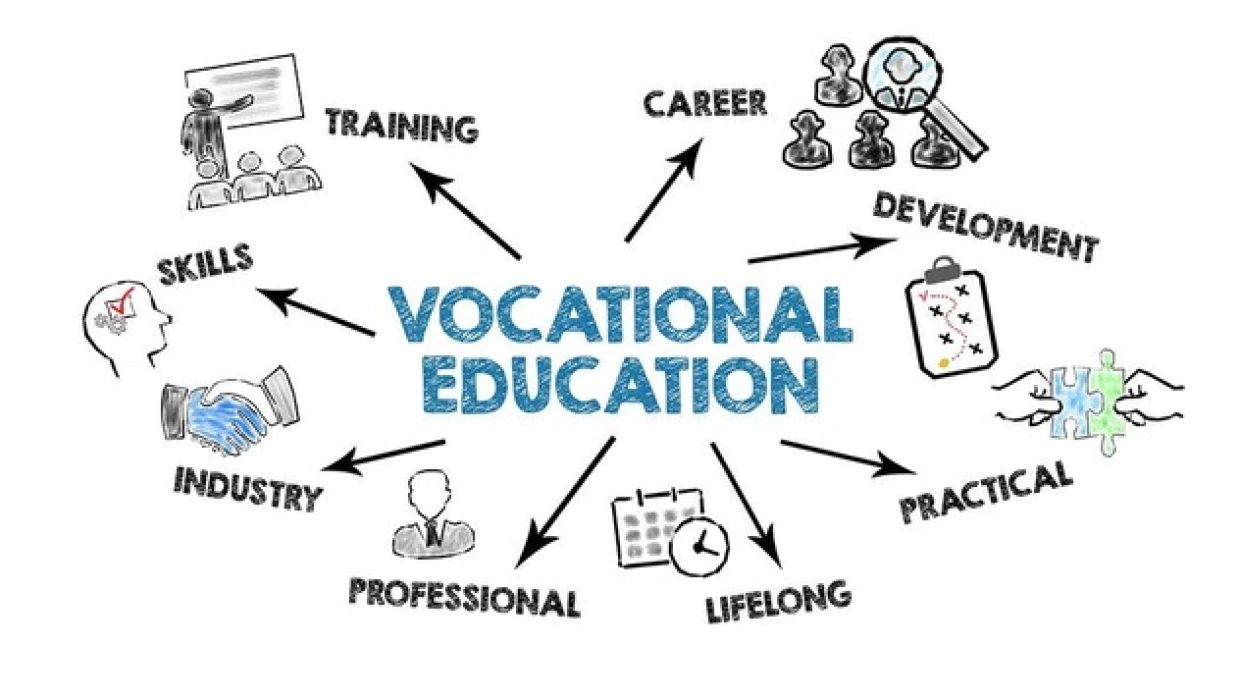




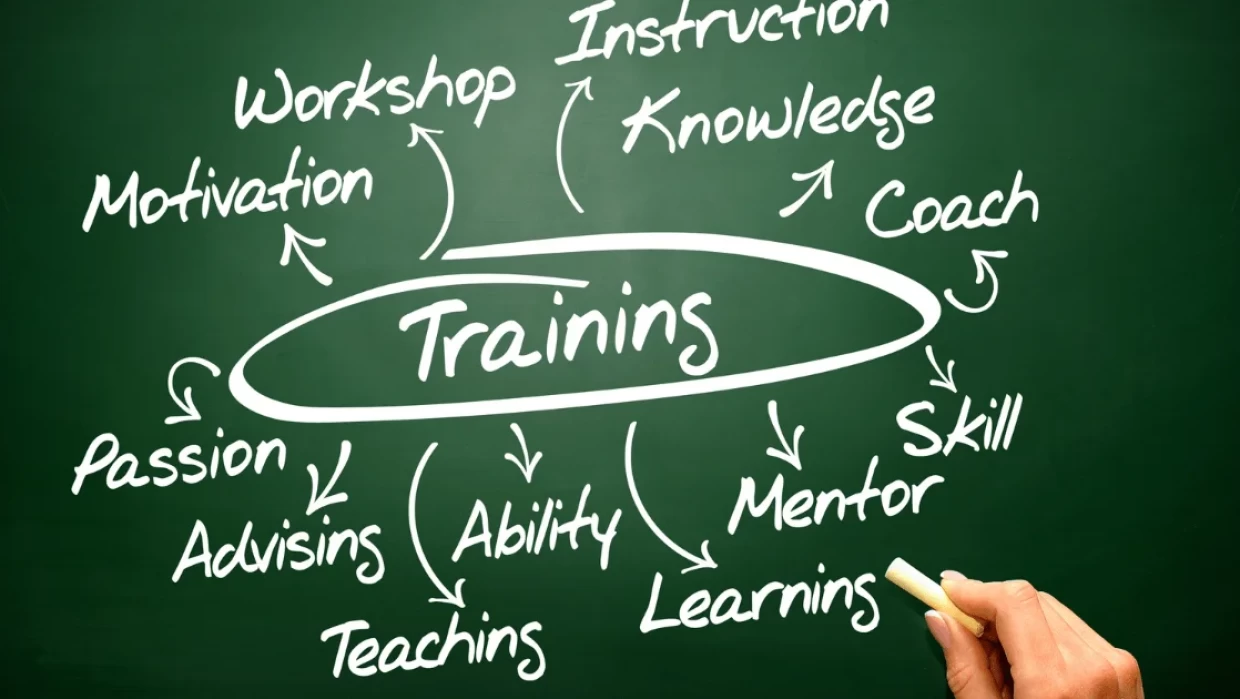


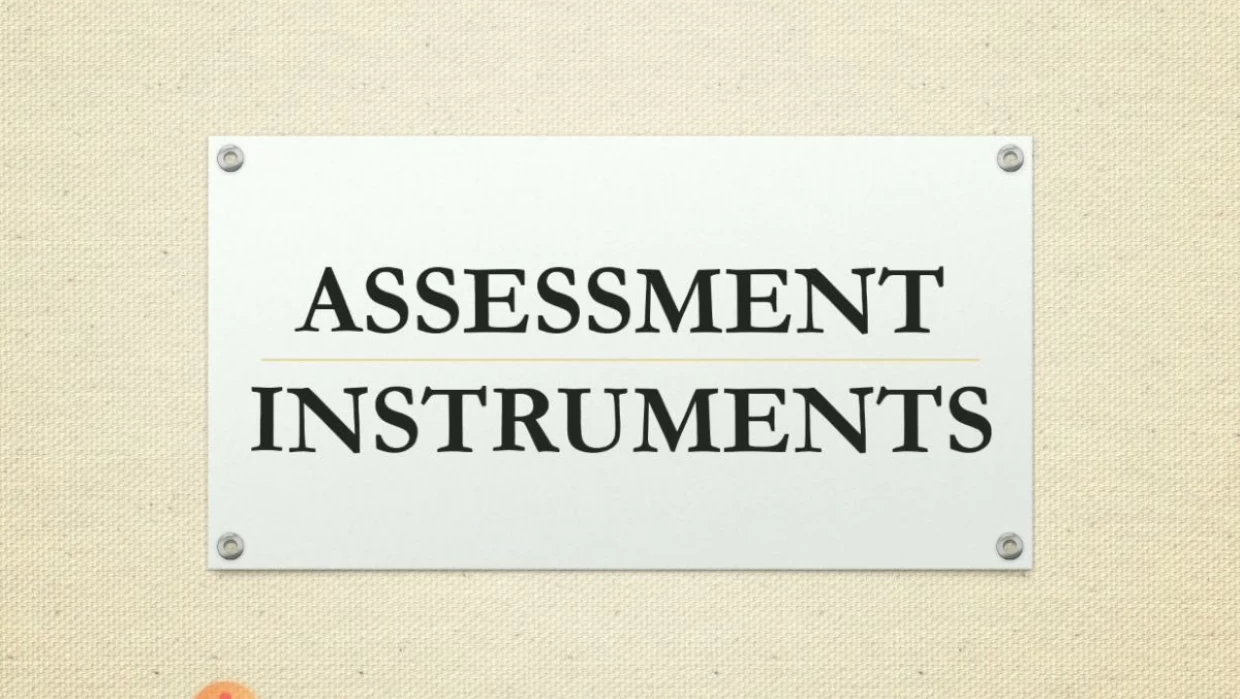




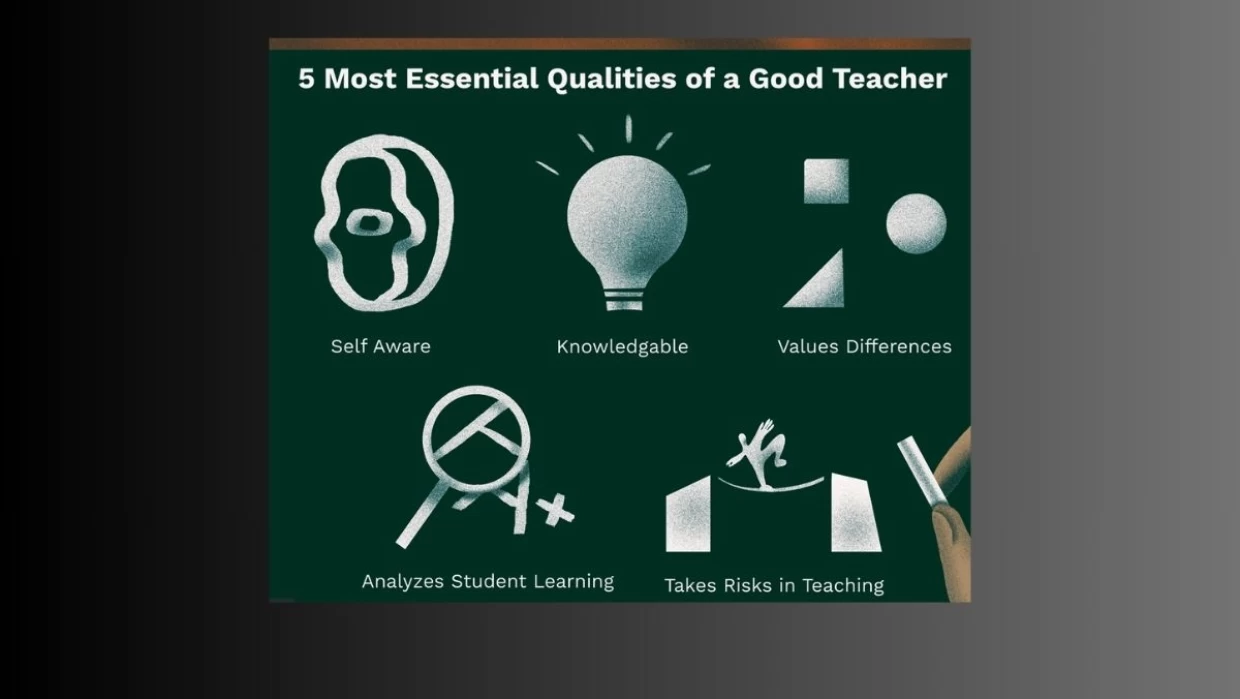

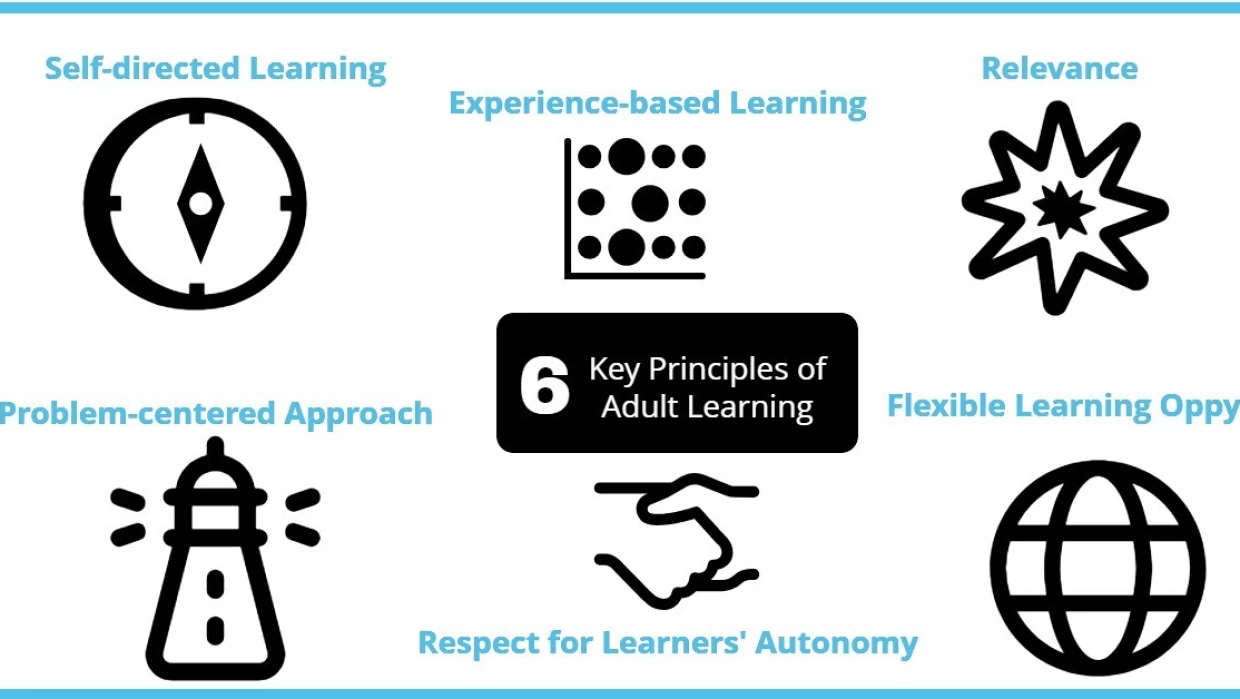














We would be delighted if you could get in touch with us.
Your email address will not be published. Required fields are marked